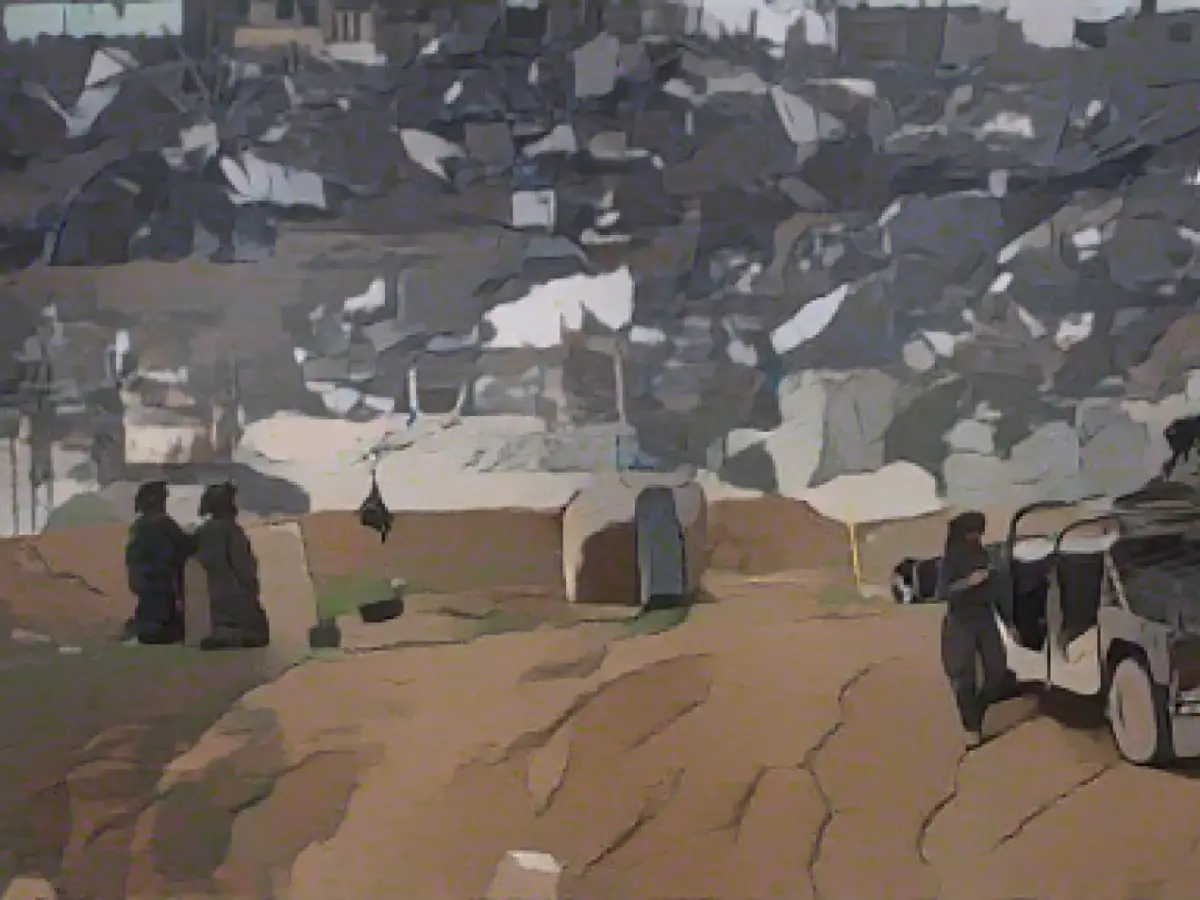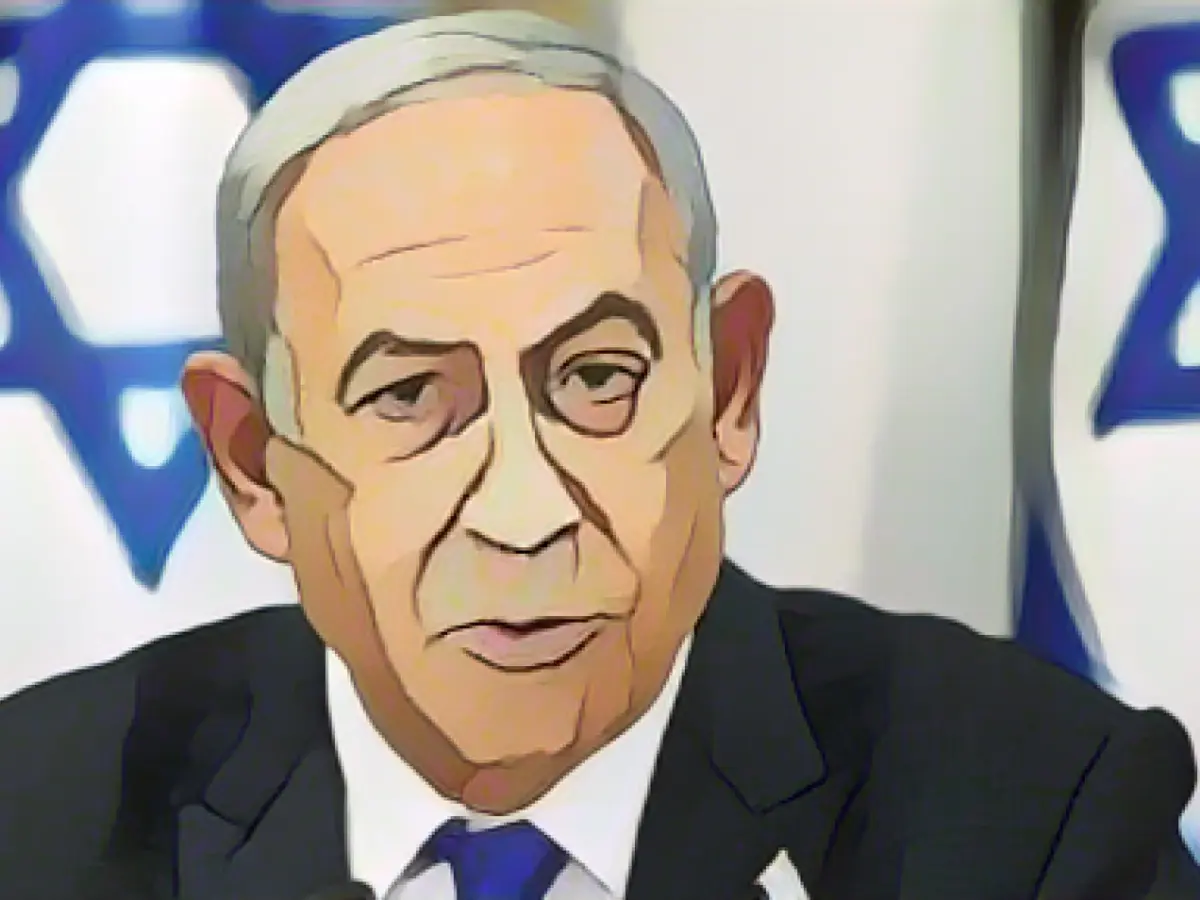Urgent Shift Required for Israel's Gaza Strategy
Israel's approach towards Gaza has been up for debate since the past few days, with increased pressure from the U.S. due to the alarming number of civilian casualties. With U.S. officials like Vice President Kamala Harris and Secretary of Defense Lloyd Austin expressing concerns, Prime Minister Benjamin Netanyahu must consider a new strategy.
The unrelenting violence in Gaza has resumed after a seven-day ceasefire. Hamas resumed rocket attacks on Israel, and the Gaza Strip endured both air and ground assaults. Heartbreaking images from the southern Gaza Strip, previously considered a refuge for the two million civilians, are now circulating online. Innocent lives are being lost due to Israeli bombs, causing widespread panic and uncertainty.
The Israeli military has been extending its ground offensive to the entire Gaza Strip, as per their reports. Palestinian refugees are now fleeing the region for the second or third time in a bid to find safety. However, with the area being 40 kilometers long and having numerous tunnels, offering no real security, the situation remains bleak.
There is a distinction made by the Israeli Defense Forces (IDF) with "relatively higher or lower" security risks in various sectors of the Gaza Strip. They have disseminated flyers and created a QR code website in Arabic, dividing the coastal strip into over 620 sectors. However, the cell phone network isn't always reliable in Gaza, making the website inaccessible for everyone.
They have named 27 areas to be evacuated, primarily located around the city of Khan Yunes. Israel has designated a small coastal area around Al-Mawasi as a "humanitarian zone" for evacuees, but international aid is required to support the infrastructure of the area.
International voices are urging Israel to ensure better protection for the Gaza Strip population. French President Emmanuel Macron and U.S. Vice President Kamala Harris voiced their concerns about the rising civilian casualties. Lloyd Austin, the U.S. Secretary of Defense, warned that urban wars can only be victoriously concluded if civilians are protected.
These calls for action are crucial for Israel, as the U.S. remains its most significant international partner. The U.S. isn't encouraging Israel to halt its military operations but encourages a more targeted and systematic approach with fewer civilian casualties. With the clock ticking, Israel has to strengthen its military strategy to weaken Hamas and dismantle its command structures, ensuring it can no longer act.
However, changing the strategy involves challenges. Exposing Israeli soldiers to increased risk while aiming for fewer civilian casualties is a delicate balancing act. Moreover, stopping the massiveness of the counter-attack could hurt Israel's deterrent force, its "life insurance" among its enemies.
Israel cannot ignore the international concerns and must adapt its military operations in Gaza. Changing its strategy means focusing on precision and lessening the harm to civilians, while also considering the long-term effects on post-war reconstruction and governance in Gaza.








